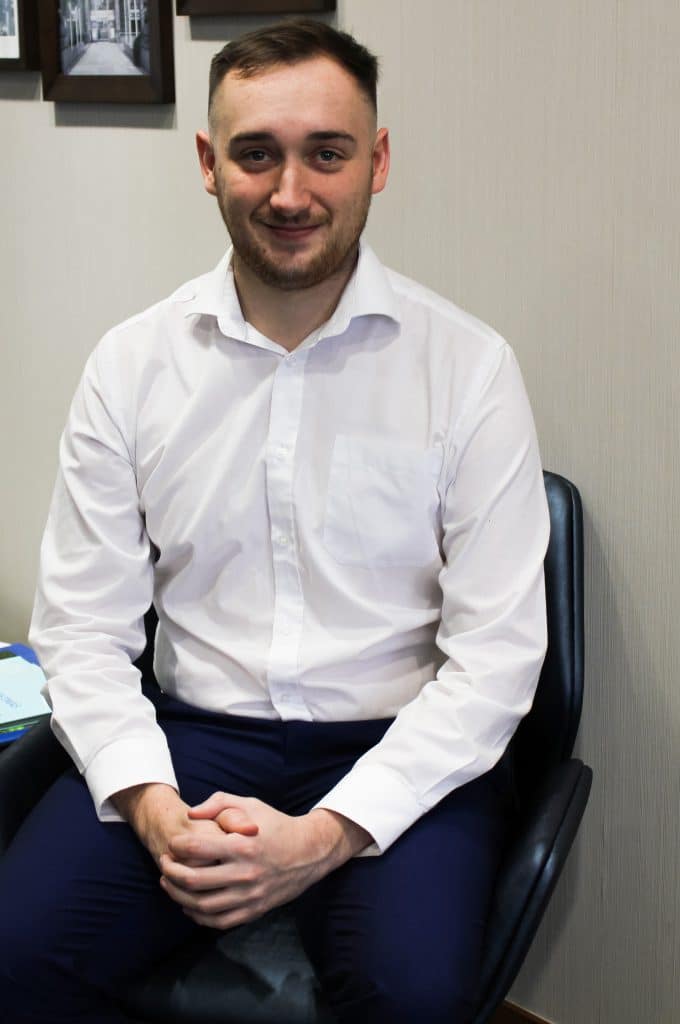“Engineering is crucial to the UK economy, but the skills gap is growing. FMJ asked building services provider JCA how it finds, trains and motivates its staff.
Engineering is a critical part of the UK economy, employing around 20 per cent of the total workforce and generating approximately 23 per cent of the UK’s total turnover. It is now more important than ever, in the face of technological advances and the changing political and economic landscape, to ensure a steady flow of skilled engineers.
Yet according to Engineering UK, there is a considerable shortage of appropriately skilled workers in the engineering sector. In 2017, vacancies in construction went up to 27 per cent. A recent study carried out by Warwick Institute of Employment Studies estimates that every year, over 124,000 graduate and technician core engineering jobs need filling, partly due to new jobs being created, partly due to replacement demand. Current estimates suggest a shortfall of between 37,000 and 59,000 in meeting annual demand.”
In the February issue of Facilities Management Journal (FMJ), we shared JCA’s approach to tackling the skills gap in the engineering sector.
Read the full article online on FMJ’s website: https://www.fmj.co.uk/technical-talent/
To find out more about our services, visit: https://jca.co.uk/what-we-do/
If you’re interested in working for JCA, please head over to our Careers section: https://jca.co.uk/contact/careers/



 To celebrate this year’s National Apprenticeships Week, we caught up with Jack Kemp, our Building Services Apprentice to find out why he decided to start an apprenticeship and how he’s been enjoying it so far. Jack works at Chelsea and Westminster Hospital, one of JCA’s resident maintenance sites in London. The estate includes the main site at Fulham Road as well as several smaller clinics in the area. Service provision includes planned preventive, reactive and building maintenance, external areas maintenance, energy and utility maintenance, fire safety systems and procedures, the estate’s emergency and contingency planning, and statutory testing and is delivered by a team of around 30 engineers.
To celebrate this year’s National Apprenticeships Week, we caught up with Jack Kemp, our Building Services Apprentice to find out why he decided to start an apprenticeship and how he’s been enjoying it so far. Jack works at Chelsea and Westminster Hospital, one of JCA’s resident maintenance sites in London. The estate includes the main site at Fulham Road as well as several smaller clinics in the area. Service provision includes planned preventive, reactive and building maintenance, external areas maintenance, energy and utility maintenance, fire safety systems and procedures, the estate’s emergency and contingency planning, and statutory testing and is delivered by a team of around 30 engineers.
